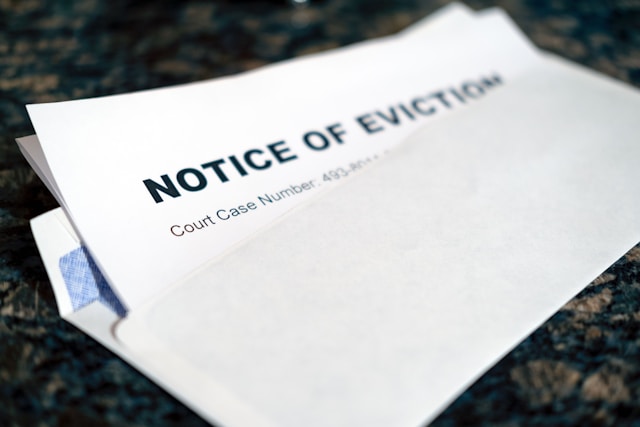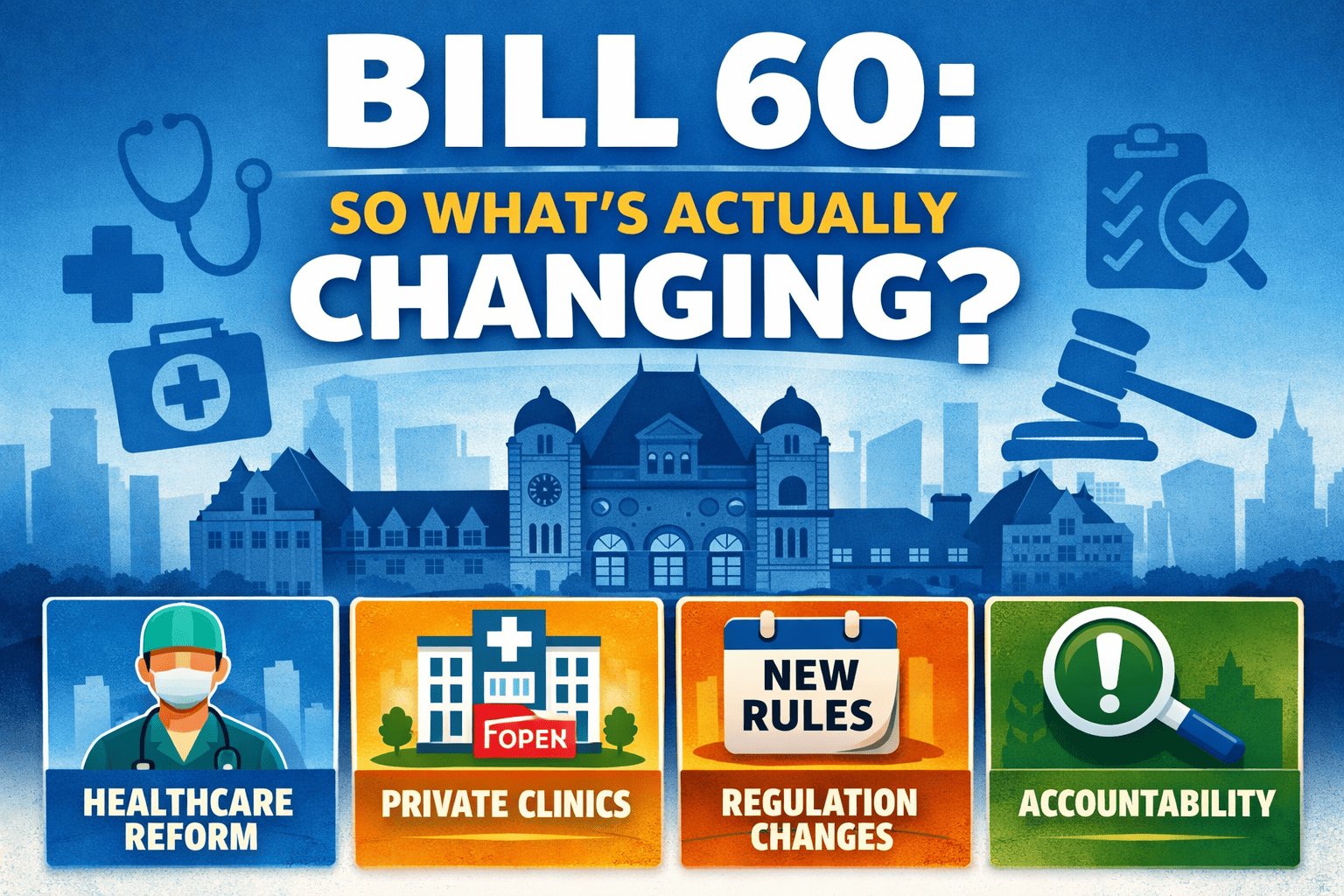Owning rental property? It’s a mix of opportunity and headaches. Passive income and long-term wealth sound fantastic, but the day-to-day? That’s where things get real. And let’s be honest, getting rent on time can be a major pain point. That steady income is the backbone of your investment, covering everything from mortgage payments and property taxes to insurance and those never-ending repair bills. A minor setback in collecting the money could put you in a difficult spot where you have more expenditures than income. But what happens when those tenants consistently miss their due dates? That can seriously mess with your finances as a landlord. Each province has its own rules dictating landlord and tenant rights.
This guide is your go-to resource for understanding the legal options for dealing with late rent in each Canadian province. By knowing your rights and obligations, you can protect your investment and build positive and sustainable landlord-tenant relationships. If all this sounds overwhelming, consider getting help from a residential property management company to ensure you are compliant with all provincial and territorial laws.
When is Rent Considered Late?
The definition of “late rent” depends on what’s written in the lease agreement and local tenancy laws. Unless otherwise agreed upon, most provinces require rent to be paid on the first of each month. If rent isn’t paid by that date, it’s legally considered late—even if there’s a grace period.
For more details on what qualifies as a late payment and when action should be taken, review our blog or Rent payment timing: When is it late?.
Steps to Take Before Legal Action
Before jumping into formal notices or court applications, landlords should take the following steps:
- Communicate promptly: Reach out to the tenant via email or phone to understand the reason behind the delay.
- Document all communication: Keep records of conversations and payment promises.
- Review lease terms: Make sure the rent due date and consequences of non-payment are clearly stated.
Using a professional rent collection service can help automate reminders, collect payments efficiently, and escalate issues when needed.
Provincial Legal Processes for Late Rent Collection
Each Canadian province has its own procedures for rent recovery. Here’s a high-level breakdown of how late rent is handled across major provinces:
Ontario
- Notice to tenant: Landlords must issue a Form N4 – Notice to End a Tenancy Early for Non-payment of Rent.
- Waiting period: Tenants have 14 days to pay the owed rent or move out.
- Next step: If the tenant fails to comply, landlords can file an application with the Landlord and Tenant Board (LTB).
Landlords in the GTA should review the Landlord Tenant Act in Ontario to ensure full compliance.
British Columbia
- Notice to tenant: Issue a 10 Day Notice to End Tenancy for Unpaid Rent.
- Tenant response time: Five days to pay or contest the notification.
- Legal recourse: If unpaid, the landlord may apply for an order of possession through the Residential Tenancy Branch.
Alberta
- No formal notice required: The landlord can terminate the lease if rent is unpaid after a specified time (usually 3 days).
- Court involvement: To reclaim rent owed, landlords must file in civil court (e.g., Small Claims Court).
Quebec
- Grace period: Typically 3 weeks before eviction steps can begin.
- Legal process: Disputes go through the Tribunal administratif du logement (TAL).
- Important note: Interest may be charged on overdue rent if stipulated in the lease.
What Happens if the Tenant Still Doesn’t Pay?
If rent remains unpaid after notices are served and timelines expire, landlords can initiate legal action to reclaim the money or evict the tenant. The process varies but may involve:
- Filing a dispute resolution or hearing with the appropriate tribunal or court.
- Applying for a writ of possession to regain access to the unit.
- Using a collection agency or civil court to recover unpaid rent.
It’s important to maintain accurate financial records, which is where accounting and bookkeeping services become invaluable.
Eviction as a Last Resort

Evictions should be used only when communication and legal rent collection efforts fail. The eviction process is governed by strict laws in every province to protect tenant rights, so it’s essential to follow correct procedures.
Partnering with a professional service that handles tenant evictions can save time, reduce liability, and ensure compliance with tribunal orders.
Preventing Late Payments Through Screening
Prevention is often the best strategy. Ensuring you select reliable tenants with stable income and positive rental history reduces the risk of late rent issues from the outset.
A comprehensive tenant screening and selection process should include:
- Credit checks
- Employment verification
- Reference calls
Leasing Terms That Protect Landlords
A well-drafted lease agreement is a landlord’s first line of defence. It should clearly outline:
- Rent due date
- Acceptable payment methods
- Late fee policies
- Grounds for termination
Engaging in residential property leasing services can help ensure lease documents are legally binding and tailored to your local jurisdiction.
Inspections and Property Maintenance
Missed rent payments might indicate deeper difficulties, such as poor living conditions or tenant misery. Conducting regular property inspections can reveal maintenance problems or lease violations that should be addressed promptly. For ongoing operational support,residential property management teams can step in to ensure inspections, repairs, rent tracking, and tenant communication are all handled professionally.
Conflict Resolution and Legal Support
Disputes about rent often become personal and emotional-especially when tenants are dealing with financial hardship or when landlords feel their livelihood is at risk. As a landlord, it’s essential to remain calm, professional, and focused on solutions, even when tensions run high. Open communication, empathy, and consistent enforcement of lease terms are critical in de-escalating conflict before it reaches a legal threshold.
In cases where communication breaks down or disagreements escalate, landlords should always follow proper legal channels rather than resorting to informal or retaliatory actions, which could result in fines or legal challenges. Serving notices correctly, documenting every step of the process, and adhering to the provincial Residential Tenancies Act will protect your interests while ensuring fairness for the tenant.
In more complex scenarios, such as tenants disputing rent charges, partial payments, or requesting rent relief due to hardship, it may be helpful to arrange a formal mediation. Some provinces, such as British Columbia and Ontario, offer government-funded dispute resolution services as an alternative to formal hearings.
Additionally, having access to professional support is vital. As highlighted in Navigating conflict: A landlord’s guide to handling tenant issues, property managers often act as neutral third parties who can defuse conflicts, enforce lease agreements, and represent landlords in hearings when necessary.
Final Thoughts
Late rent collection in Canada must be handled legally, fairly, and promptly to protect both your income and your property. Each province has its own rules, and understanding them is critical to maintaining compliance and avoiding unnecessary legal complications. Prevention through solid leasing, thorough screening, and regular communication is always preferable to chasing arrears.
Need help managing your rental property or recovering late rent professionally? Reach out through our contact page to get expert support from our dedicated team.





